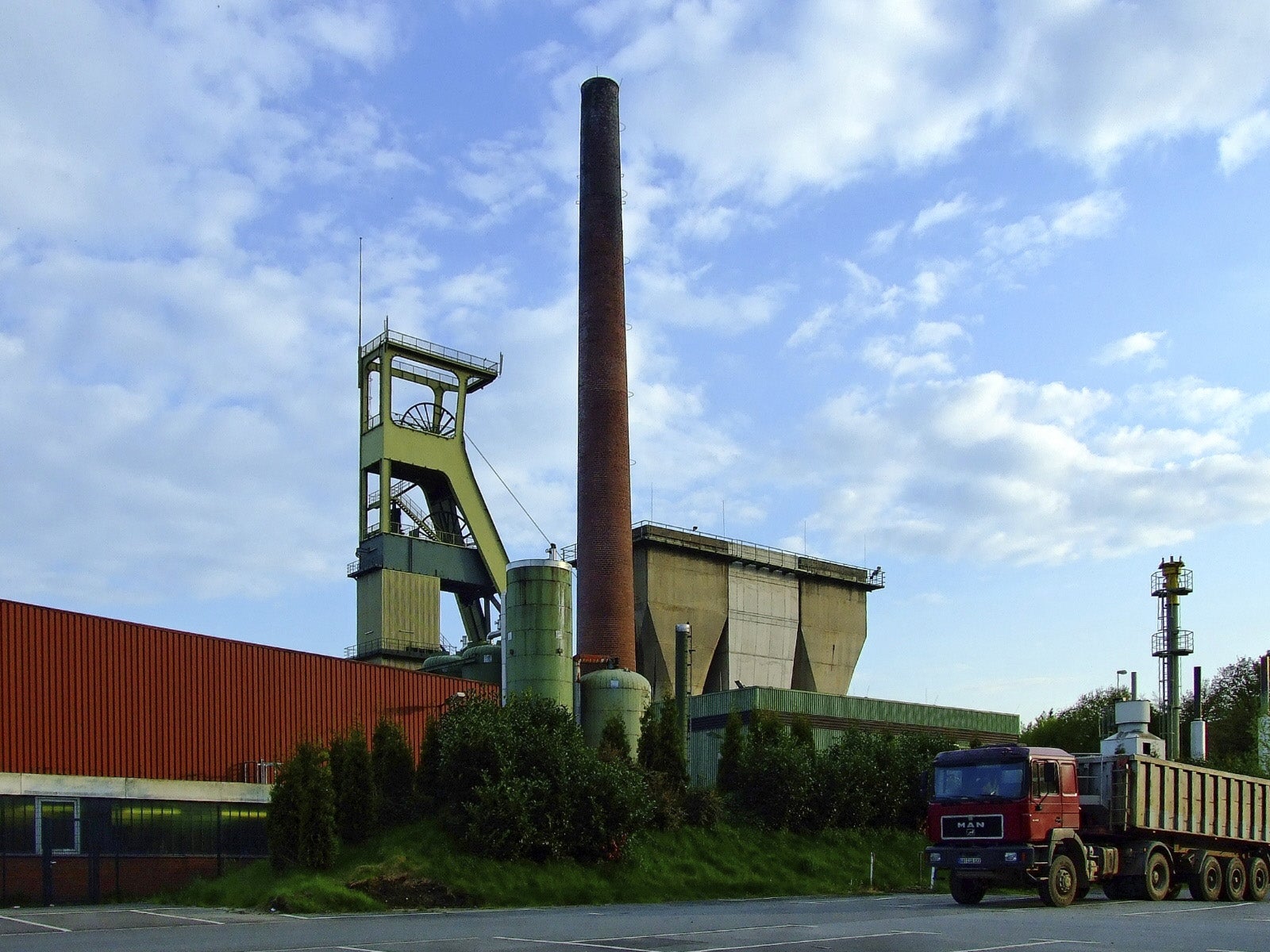Germany converting a huge coal mine into giant renewable battery
Water will flow down through the mine powering turbines

Your support helps us to tell the story
From reproductive rights to climate change to Big Tech, The Independent is on the ground when the story is developing. Whether it's investigating the financials of Elon Musk's pro-Trump PAC or producing our latest documentary, 'The A Word', which shines a light on the American women fighting for reproductive rights, we know how important it is to parse out the facts from the messaging.
At such a critical moment in US history, we need reporters on the ground. Your donation allows us to keep sending journalists to speak to both sides of the story.
The Independent is trusted by Americans across the entire political spectrum. And unlike many other quality news outlets, we choose not to lock Americans out of our reporting and analysis with paywalls. We believe quality journalism should be available to everyone, paid for by those who can afford it.
Your support makes all the difference.A German coal mine will be converted into giant “battery station” to store enough renewable energy to power some 400,000 homes.
The Prosper-Haniel pit in the state of North Rhine Westphalia near the Dutch border, has produced the fossil fuel for almost half a century.
But now it will find a new purpose as a 200 megawatt pumped-storage hydroelectric reservoir.
Researchers from a number of German universities are working alongside private engineering companies and the government on the project.
They believe the elevation provided by the pit will provide an opportunity for hydroelectric storage.
It is thought that water will be able flow downwards, powering turbines and generating electricity, with water pumped back up again during periods of low demand.
"In regions such as the Rhineland or the Ruhr area, the lack of relief in the landscape does not provide the necessary height differences [for hydroelectric power]," the project's website says.
Work will begin when the mine closes in 2018.
The project will mean the western city of Bottrop, where people have worked the 600 metre deep mine since 1974, will continue to contribute to playing a key role in providing the country with continuous energy, according to state governor Hannelore Kraft.
Along with other politicians, he is hoping the project will pave the way for similar facilities across the country, since Germany has doubled its commitment to clean energy and is in need of new sites to store excess power.
Around 26 kilometres of shafts in the complex have the potential to accommodate a million cubic metres of water, which will flow quickly through them.
If the project is a success, it is hoped the facility will help Germany reach its goal of 30 per cent of its energy coming from renewables by 2025.
Join our commenting forum
Join thought-provoking conversations, follow other Independent readers and see their replies
Comments